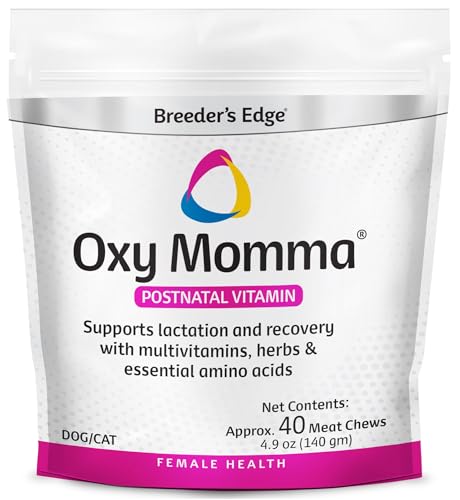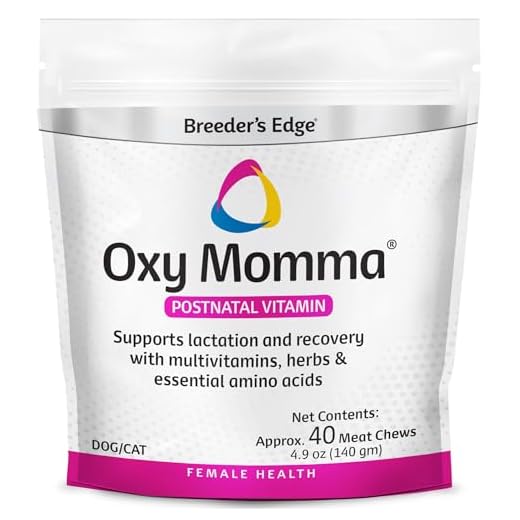Observe the behavior of the little ones. If they seem restless or frequently cry for food, it may indicate an issue with nourishment. Kittens should gain weight consistently, so monitor their weight daily. A lack of weight gain could mean there’s insufficient nourishment available.
Check for physical signs as well. Inspect the nipples; they should appear developed and moist if lactation is occurring. If they appear dry or shriveled, it might suggest a lack of milk supply. Additionally, listen for feeding sounds. If the kittens are not actively latched on or seem frustrated during feeding, this could be a clear sign of trouble.
Consult a veterinarian for a professional assessment. They can provide guidance and support, ensuring the well-being of both the mother and her young ones. Early intervention can make a significant difference in the health of the kittens.
Identifying signs of low milk production in nursing cats
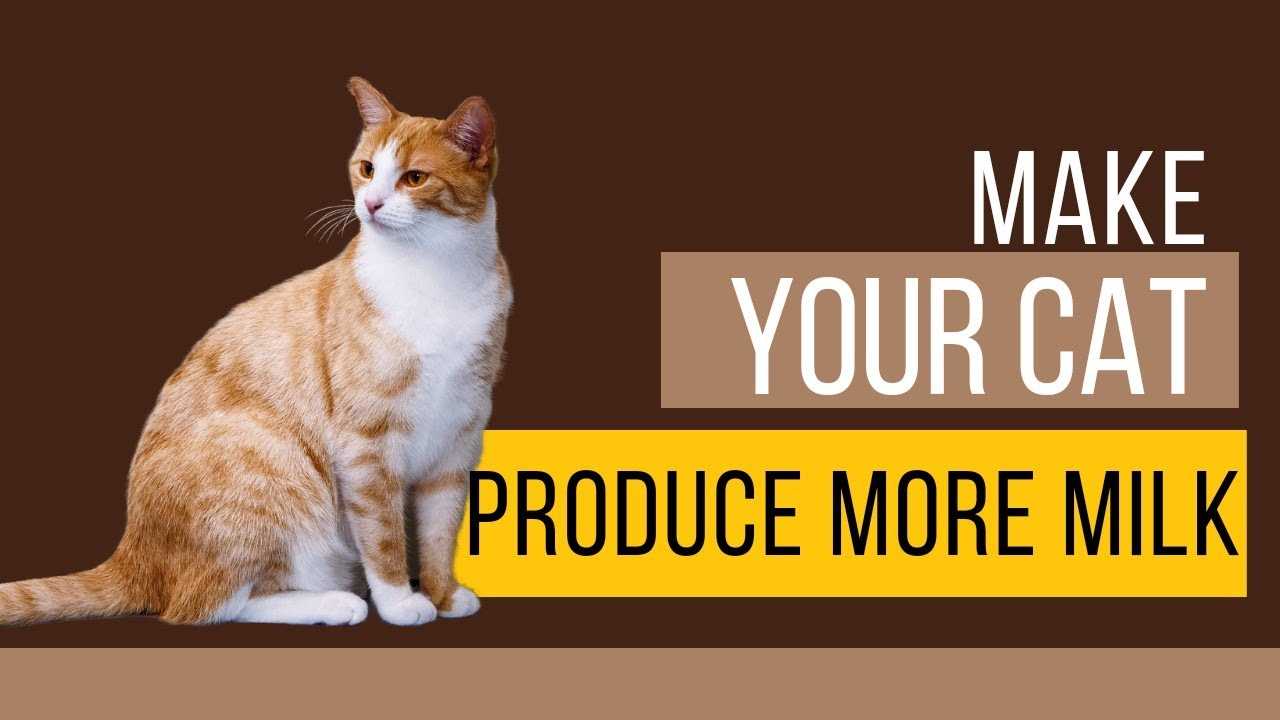
Look for signs of dissatisfaction among kittens. If they are continuously mewing or attempting to nurse without success, it may indicate insufficient nourishment. Watch their weight; if the little ones are losing or failing to gain weight, this is a serious concern.
Observe the behavior of the mother. If she seems agitated or restless while the kittens are nursing, it could suggest an issue with lactation. A lack of interest in nursing from the kittens can also signal a problem. Kittens should be actively nursing and content after feeding.
Physical examination
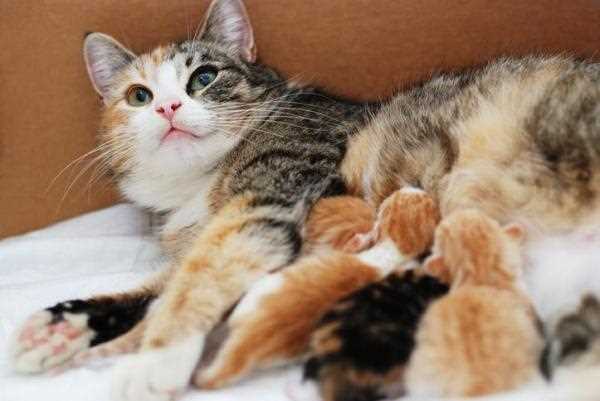
Check the abdomen of the mother. If it appears unusually soft or if her teats seem empty or underdeveloped, this may suggest inadequate milk supply. Swelling or heat in the mammary glands usually indicates an issue, such as infection or inflammation.
Overall health
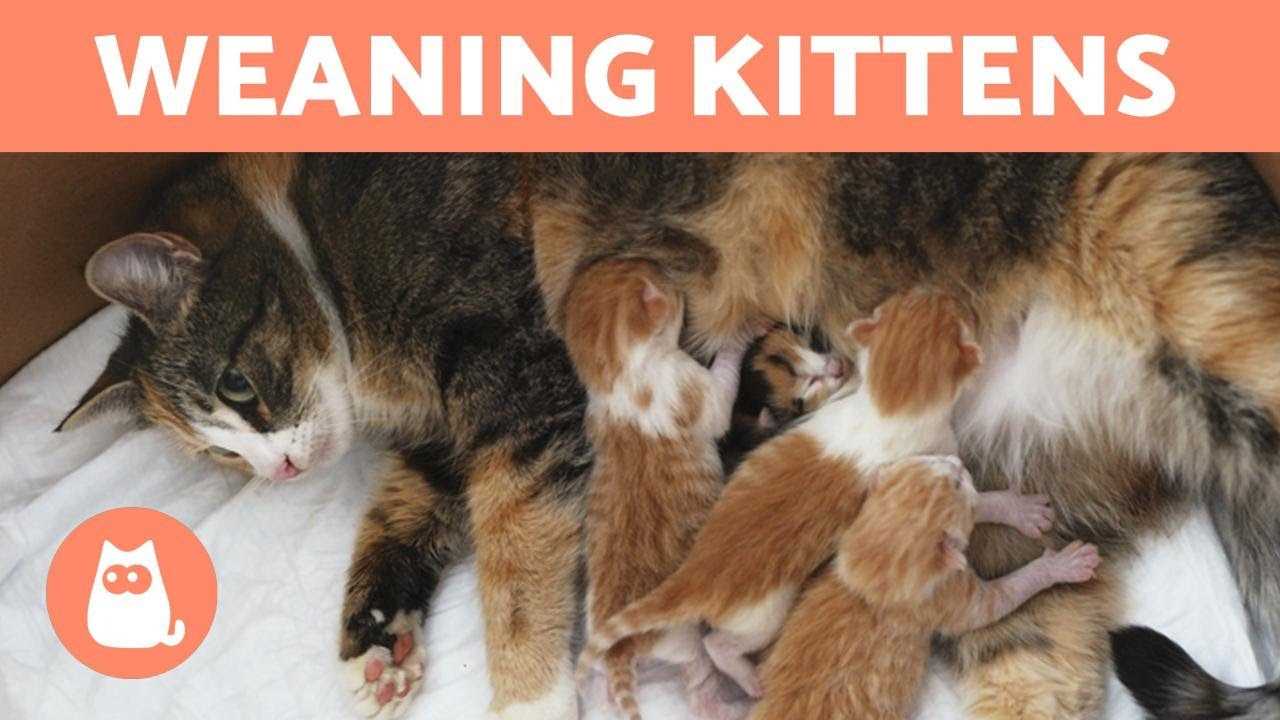
Monitor her appetite and energy levels. A drop in these areas can affect lactation. If she appears lethargic or disinterested in food, it’s wise to consult a veterinarian. Any significant changes in behavior can be a red flag for underlying health challenges.
Understanding the health factors affecting milk supply
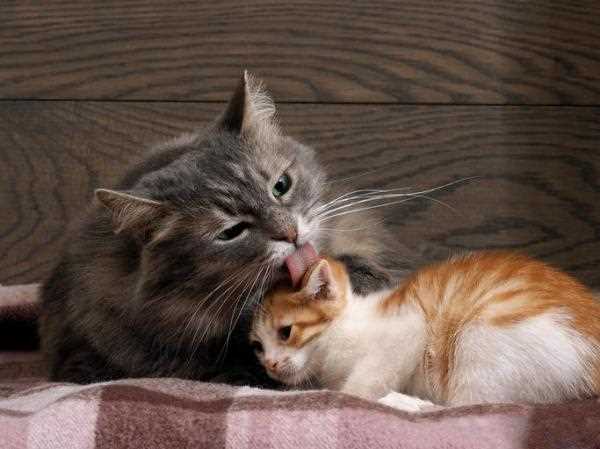
Inadequate nutrient intake can significantly impact lactation. It’s crucial for nursing queens to receive a balanced diet rich in proteins, fats, and essential vitamins. A high-quality kitten formula or specially formulated nursing cat food can help support their health during lactation.
Stress levels also play a role. Environmental changes, loud noises, or the presence of unfamiliar animals can lead to anxiety, which may hinder milk formation. Providing a calm, safe space can promote relaxation and better milk flow.
Health conditions such as mastitis or hormonal imbalances can adversely affect lactation. Regular veterinary check-ups are essential to identify and address any underlying health issues that might disrupt milk supply.
Age can influence lactation too. Younger queens may struggle more with milk production than experienced mothers. If a queen is older or has had several litters, her body may respond differently to nursing demands.
Hydration is equally important. A well-hydrated queen is more likely to maintain adequate milk levels. Ensure fresh water is always available to encourage drinking.
Lastly, if you’re considering dietary additions, like introducing treats, ensure they’re safe. For instance, if you’re curious about whether felines can enjoy turkey lunch meat, check this link for guidance.
Steps to Take if Your Cat is Not Lactating
Visit a veterinarian for a thorough examination. They will evaluate the health of the mother and identify any underlying issues that might affect milk production.
Check Nutritional Intake
Ensure that a balanced diet is provided, rich in protein and calories. Consult with a vet about possible dietary supplements to boost nutrition, which can enhance milk supply.
Maintain Hydration
Ensure access to fresh water at all times. Hydration plays a crucial role in milk synthesis. Encourage drinking by providing multiple water sources and considering wet food if necessary.
Observe the environment. Stress can impact lactation. Create a calm space for the mother, away from loud noises or disturbances. This can help her relax and focus on nurturing.
If there’s an urgent need to manage odors, check out what gets cat urine smell out of carpet for some tips.
Monitor for any signs of mastitis or infections. Swelling, redness, or discomfort in the mammary glands requires immediate veterinary attention.
Consider the age of the feline. Younger mothers may have more challenges with lactation. Patience and support are key during this time.
Observe the behavior of the little ones. If they seem restless or frequently cry for food, it may indicate an issue with nourishment. Kittens should gain weight consistently, so monitor their weight daily. A lack of weight gain could mean there’s insufficient nourishment available.
Check for physical signs as well. Inspect the nipples; they should appear developed and moist if lactation is occurring. If they appear dry or shriveled, it might suggest a lack of milk supply. Additionally, listen for feeding sounds. If the kittens are not actively latched on or seem frustrated during feeding, this could be a clear sign of trouble.
Consult a veterinarian for a professional assessment. They can provide guidance and support, ensuring the well-being of both the mother and her young ones. Early intervention can make a significant difference in the health of the kittens.
Identifying signs of low milk production in nursing cats

Look for signs of dissatisfaction among kittens. If they are continuously mewing or attempting to nurse without success, it may indicate insufficient nourishment. Watch their weight; if the little ones are losing or failing to gain weight, this is a serious concern.
Observe the behavior of the mother. If she seems agitated or restless while the kittens are nursing, it could suggest an issue with lactation. A lack of interest in nursing from the kittens can also signal a problem. Kittens should be actively nursing and content after feeding.
Physical examination

Check the abdomen of the mother. If it appears unusually soft or if her teats seem empty or underdeveloped, this may suggest inadequate milk supply. Swelling or heat in the mammary glands usually indicates an issue, such as infection or inflammation.
Overall health

Monitor her appetite and energy levels. A drop in these areas can affect lactation. If she appears lethargic or disinterested in food, it’s wise to consult a veterinarian. Any significant changes in behavior can be a red flag for underlying health challenges.
Understanding the health factors affecting milk supply

Inadequate nutrient intake can significantly impact lactation. It’s crucial for nursing queens to receive a balanced diet rich in proteins, fats, and essential vitamins. A high-quality kitten formula or specially formulated nursing cat food can help support their health during lactation.
Stress levels also play a role. Environmental changes, loud noises, or the presence of unfamiliar animals can lead to anxiety, which may hinder milk formation. Providing a calm, safe space can promote relaxation and better milk flow.
Health conditions such as mastitis or hormonal imbalances can adversely affect lactation. Regular veterinary check-ups are essential to identify and address any underlying health issues that might disrupt milk supply.
Age can influence lactation too. Younger queens may struggle more with milk production than experienced mothers. If a queen is older or has had several litters, her body may respond differently to nursing demands.
Hydration is equally important. A well-hydrated queen is more likely to maintain adequate milk levels. Ensure fresh water is always available to encourage drinking.
Lastly, if you’re considering dietary additions, like introducing treats, ensure they’re safe. For instance, if you’re curious about whether felines can enjoy turkey lunch meat, check this link for guidance.
Steps to Take if Your Cat is Not Lactating
Visit a veterinarian for a thorough examination. They will evaluate the health of the mother and identify any underlying issues that might affect milk production.
Check Nutritional Intake
Ensure that a balanced diet is provided, rich in protein and calories. Consult with a vet about possible dietary supplements to boost nutrition, which can enhance milk supply.
Maintain Hydration
Ensure access to fresh water at all times. Hydration plays a crucial role in milk synthesis. Encourage drinking by providing multiple water sources and considering wet food if necessary.
Observe the environment. Stress can impact lactation. Create a calm space for the mother, away from loud noises or disturbances. This can help her relax and focus on nurturing.
If there’s an urgent need to manage odors, check out what gets cat urine smell out of carpet for some tips.
Monitor for any signs of mastitis or infections. Swelling, redness, or discomfort in the mammary glands requires immediate veterinary attention.
Consider the age of the feline. Younger mothers may have more challenges with lactation. Patience and support are key during this time.
Observe the behavior of the little ones. If they seem restless or frequently cry for food, it may indicate an issue with nourishment. Kittens should gain weight consistently, so monitor their weight daily. A lack of weight gain could mean there’s insufficient nourishment available.
Check for physical signs as well. Inspect the nipples; they should appear developed and moist if lactation is occurring. If they appear dry or shriveled, it might suggest a lack of milk supply. Additionally, listen for feeding sounds. If the kittens are not actively latched on or seem frustrated during feeding, this could be a clear sign of trouble.
Consult a veterinarian for a professional assessment. They can provide guidance and support, ensuring the well-being of both the mother and her young ones. Early intervention can make a significant difference in the health of the kittens.
Identifying signs of low milk production in nursing cats

Look for signs of dissatisfaction among kittens. If they are continuously mewing or attempting to nurse without success, it may indicate insufficient nourishment. Watch their weight; if the little ones are losing or failing to gain weight, this is a serious concern.
Observe the behavior of the mother. If she seems agitated or restless while the kittens are nursing, it could suggest an issue with lactation. A lack of interest in nursing from the kittens can also signal a problem. Kittens should be actively nursing and content after feeding.
Physical examination

Check the abdomen of the mother. If it appears unusually soft or if her teats seem empty or underdeveloped, this may suggest inadequate milk supply. Swelling or heat in the mammary glands usually indicates an issue, such as infection or inflammation.
Overall health

Monitor her appetite and energy levels. A drop in these areas can affect lactation. If she appears lethargic or disinterested in food, it’s wise to consult a veterinarian. Any significant changes in behavior can be a red flag for underlying health challenges.
Understanding the health factors affecting milk supply

Inadequate nutrient intake can significantly impact lactation. It’s crucial for nursing queens to receive a balanced diet rich in proteins, fats, and essential vitamins. A high-quality kitten formula or specially formulated nursing cat food can help support their health during lactation.
Stress levels also play a role. Environmental changes, loud noises, or the presence of unfamiliar animals can lead to anxiety, which may hinder milk formation. Providing a calm, safe space can promote relaxation and better milk flow.
Health conditions such as mastitis or hormonal imbalances can adversely affect lactation. Regular veterinary check-ups are essential to identify and address any underlying health issues that might disrupt milk supply.
Age can influence lactation too. Younger queens may struggle more with milk production than experienced mothers. If a queen is older or has had several litters, her body may respond differently to nursing demands.
Hydration is equally important. A well-hydrated queen is more likely to maintain adequate milk levels. Ensure fresh water is always available to encourage drinking.
Lastly, if you’re considering dietary additions, like introducing treats, ensure they’re safe. For instance, if you’re curious about whether felines can enjoy turkey lunch meat, check this link for guidance.
Steps to Take if Your Cat is Not Lactating
Visit a veterinarian for a thorough examination. They will evaluate the health of the mother and identify any underlying issues that might affect milk production.
Check Nutritional Intake
Ensure that a balanced diet is provided, rich in protein and calories. Consult with a vet about possible dietary supplements to boost nutrition, which can enhance milk supply.
Maintain Hydration
Ensure access to fresh water at all times. Hydration plays a crucial role in milk synthesis. Encourage drinking by providing multiple water sources and considering wet food if necessary.
Observe the environment. Stress can impact lactation. Create a calm space for the mother, away from loud noises or disturbances. This can help her relax and focus on nurturing.
If there’s an urgent need to manage odors, check out what gets cat urine smell out of carpet for some tips.
Monitor for any signs of mastitis or infections. Swelling, redness, or discomfort in the mammary glands requires immediate veterinary attention.
Consider the age of the feline. Younger mothers may have more challenges with lactation. Patience and support are key during this time.

